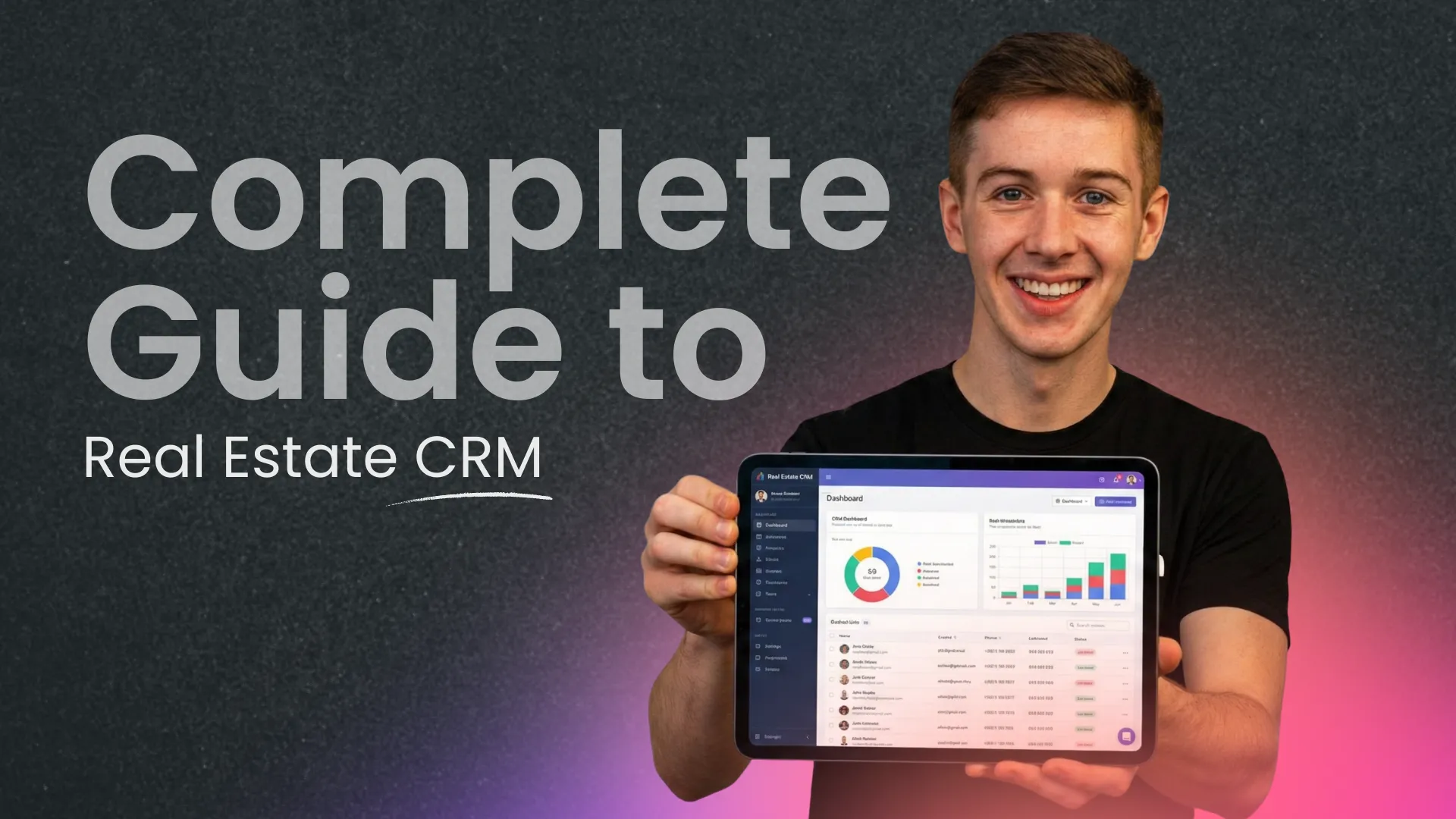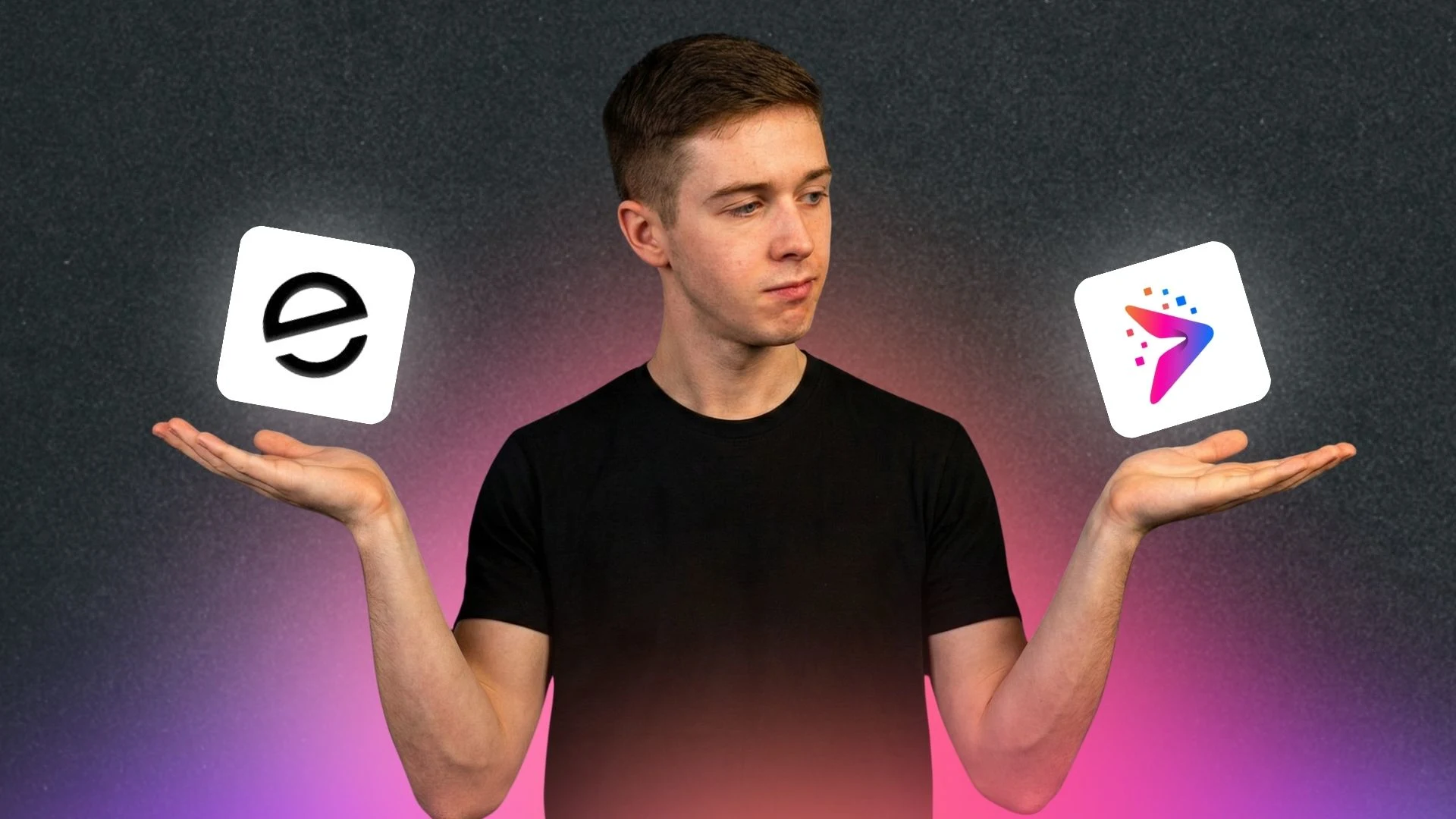TL;DR
- AI assistants provide personalized learning paths, adapting to individual study needs and pace.
- They offer instant clarification on complex topics and generate practice questions, simulating exam conditions.
- AI helps summarize vast amounts of information, create flashcards, and organize study schedules efficiently.
- Beyond rote memorization, AI fosters deeper understanding through interactive explanations and diverse learning formats.
- Integrating an AI assistant into your routine can significantly boost productivity and confidence for exams.
The Pre-AI Study Struggle: A Relatable Nightmare
For years, my study routine was a cycle of overwhelm and inefficiency. Stacks of textbooks, endless notes, and the constant fear of missing crucial information defined my exam preparation. I’d spend hours rereading chapters, highlighting almost everything, and then feel lost when it came to synthesizing concepts or testing my understanding. The sheer volume of material often led to burnout, and I’d walk into exams feeling more anxious than prepared. Sound familiar? Most students can relate to this traditional, often grueling, approach to academic success.
My biggest challenges were time management, identifying knowledge gaps, and actively recalling information under pressure. I needed a way to cut through the noise, focus on what truly mattered, and ensure I wasn’t just memorizing but actually understanding. Little did I know, the solution was waiting in the burgeoning field of artificial intelligence.
Launch Your App Today
Ready to launch? Skip the tech stress. Describe, Build, Launch in three simple steps.
BuildMy First Foray into AI-Powered Learning
The idea of using an AI assistant for studying initially felt like cheating, or at least, like a shortcut that wouldn’t lead to genuine learning. But desperation, fueled by an impending organic chemistry final, pushed me to explore. I started with a generic AI chatbot, feeding it my lecture notes and textbook chapters. The immediate impact was startling.
Instant Clarification and Concept Breakdown
Instead of scouring glossaries or re-watching lectures, I could ask the AI to explain complex concepts in simpler terms, or from different analogies. For instance, when struggling with reaction mechanisms, I’d prompt it: “Explain the SN1 reaction mechanism as if I’m explaining it to a high school student.” The AI would break it down step-by-step, highlighting key intermediates and factors influencing the reaction, often more clearly than my textbook.
Personalized Practice Questions
One of the most transformative features was its ability to generate practice questions tailored to my study materials. I didn’t just get generic questions; I got questions directly referencing the specifics of my course content. This allowed me to test my recall and application skills in a way that felt highly relevant to my actual exam. I could even ask for questions in specific formats, like multiple-choice or short-answer, mimicking the exam structure.
Revolutionizing My Study Workflow
Integrating an AI assistant wasn’t a one-off experiment; it became the cornerstone of my study strategy. My workflow transformed dramatically:
- Pre-Lecture Prep: I’d feed the AI the upcoming chapter or topic, asking for a high-level summary and key terms to familiarize myself before class. This made lectures far more digestible.
- Post-Lecture Review: After class, I’d upload my handwritten notes or a transcript of the lecture. The AI would then identify key themes, summarize core ideas, and even flag areas where my notes might be incomplete or unclear.
- Active Recall & Spaced Repetition: I used the AI to create flashcards from my notes, generating questions on one side and answers on the other. More advanced setups allowed me to implement AI-powered language learning apps that incorporated spaced repetition, prompting me to review difficult concepts at optimal intervals.
- Essay & Report Structuring: For written assignments, the AI helped brainstorm outlines, refine arguments, and even check for logical flow, ensuring my thoughts were well-organized before I even started writing.
- Time Management & Scheduling: Some AI tools offered features to analyze my study habits and suggest optimized schedules, helping me allocate time more effectively across subjects. This was a huge win for overall productivity and time management.
A Deeper Dive: Beyond Simple Answers
What truly made the AI assistant a game-changer was its capacity for deeper engagement. It wasn’t just a search engine; it was an interactive tutor. If I struggled with a concept, it wouldn’t just give me the answer. It would guide me through the problem, asking probing questions, pointing out logical fallacies in my reasoning, and offering hints rather than direct solutions. This Socratic method of learning fostered genuine comprehension rather than just rote memorization.
I even experimented with using AI to create custom AI chatbots based on specific course materials, essentially building my own personalized tutor that knew my curriculum inside and out. This level of customization is something traditional study methods simply cannot offer.
The Tangible Results: Improved Grades and Reduced Stress
The impact was undeniable. My grades saw a noticeable improvement, particularly in subjects where I previously struggled with conceptual understanding. But beyond the numbers, the most significant change was my mindset. The chronic stress and anxiety associated with exams diminished. I felt more confident, knowing I had thoroughly prepared and understood the material from multiple angles. The AI didn’t just help me study; it taught me how to learn more effectively.
This shift wasn’t about replacing my own effort but augmenting it. The AI became a powerful co-pilot, handling the tedious, time-consuming aspects of information processing, allowing me to focus my cognitive energy on critical thinking, problem-solving, and creative synthesis. It truly transformed how I approached academic challenges, making studying a more engaging and less daunting experience.
Frequently Asked Questions
What kind of AI assistant is best for exam preparation?
The best AI assistant for exam preparation often depends on your specific needs. General-purpose large language models (LLMs) like ChatGPT or Gemini are excellent for explanations, summaries, and generating practice questions. Specialized AI study apps or platforms that integrate AI with existing educational content can offer more structured learning paths, personalized quizzes, and progress tracking. Many students also find value in building their own AI assistant tailored to their course materials using no-code tools.
Can AI assistants help with all subjects?
While AI assistants excel in text-heavy subjects like history, literature, and even complex sciences by explaining concepts and generating questions, their utility can vary. For subjects requiring visual or highly abstract reasoning (e.g., advanced mathematics proofs or intricate engineering designs), AI can assist with foundational explanations but might require human input for deeper, intuitive understanding. However, advancements are rapidly expanding their capabilities across diverse fields.
Is using an AI assistant for studying considered cheating?
No, using an AI assistant for studying is generally not considered cheating, provided it’s used as a learning aid and not for academic dishonesty. It’s similar to using a calculator for math or a grammar checker for writing. The key is to use it to understand concepts, generate practice, and improve your own skills, rather than having it complete assignments or exams for you. Always check your institution’s academic integrity policies regarding AI tools.
How can I ensure the AI’s information is accurate?
AI models can sometimes generate inaccurate or outdated information, a phenomenon known as “hallucination.” To ensure accuracy, always cross-reference critical information with reliable sources like textbooks, academic journals, or reputable educational websites. Use the AI as a starting point or a supplementary tool, but never as your sole source of truth. Providing the AI with your specific course materials (e.g., lecture notes, textbook PDFs) can also significantly improve the relevance and accuracy of its responses.
What are some practical tips for integrating AI into my study routine?
Start small by using AI for specific tasks, such as summarizing long articles, defining complex terms, or generating a few practice questions after a lecture. Experiment with different prompts to get the most relevant responses, focusing on clear and specific instructions. Regularly evaluate how the AI is helping you learn and adjust your usage accordingly. Consider using it to create AI-powered to-do lists or for brainstorming essay structures. Remember, the goal is to enhance your learning, not replace it.
Launch Your App Today
Ready to launch? Skip the tech stress. Describe, Build, Launch in three simple steps.
Build





